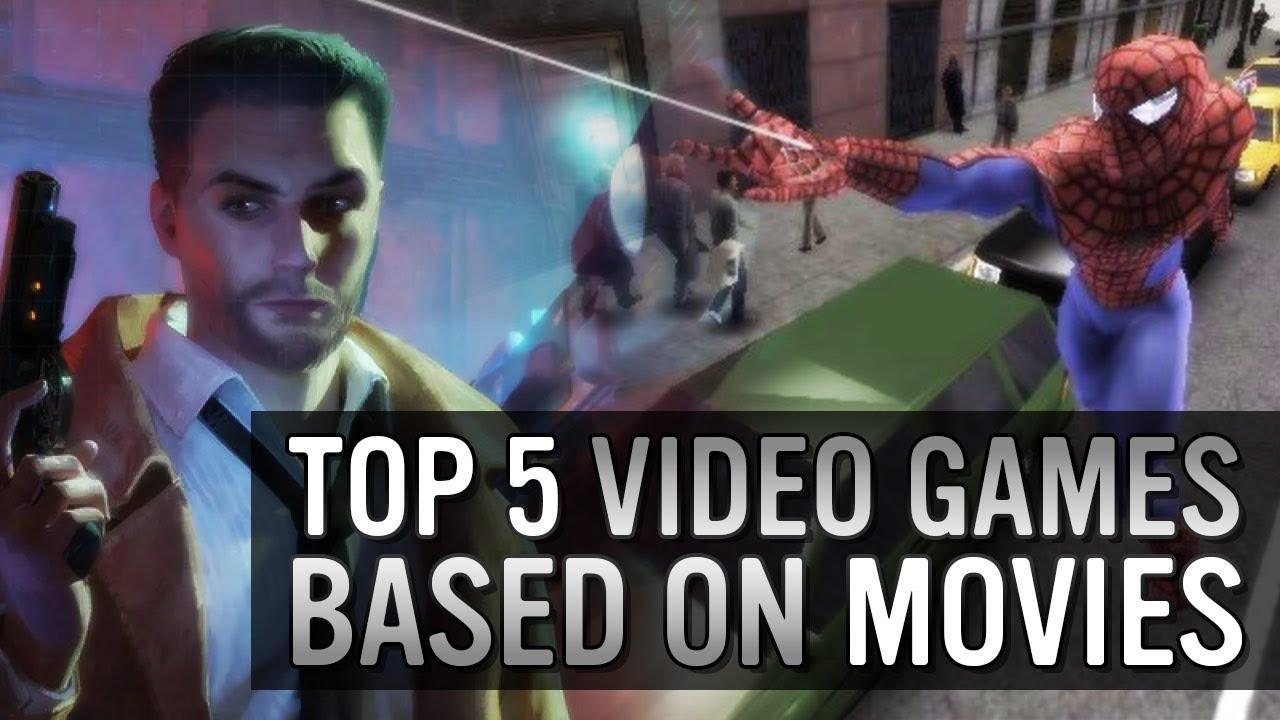
New Twitch branded content changes explained
Twitch said it was radically transforming what its streaming environment looks like with huge overhauls to rules, terms of service, and more.
Twitch has announced a series of high-profile changes to the core functionalities of the website and its relationship with streamers. Many of these are drawing ire and discontent from Twitch fans and streamers alike. From changes to sponsored content to the social media fallout that resulted from it, here’s everything you need to know about what Twitch said it would be changing and why people are so mad about it. Twitch has already removed the rules following public outcry, but what was so wrong about them?
Twitch branded content changes
On June 6, Twitch announced a set of sweeping changes to the way that streamers on the platform can engage with sponsored segments and streams. The umbrella of sponsored content is being referred to by Twitch as branded content, and specific guidelines are being set out to make this area more clear for streamers. Or, at least, that’s what Twitch intended to do with it. In reality, these changes have been met with backlash from both streamers and fans. Many are calling Twitch’s new rules archaic and needlessly punitive, almost encouraging talent to migrate away from the platform.
Many things that were commonplace before have now been banned by Twitch, leaving few options remaining. The types of branded content that Twitch still permits were laid out very clearly:
- Branded panels on your Channels page
- Products being showcased in the background of a stream
- Links to other websites that promote the brand sponsoring the content
- Discussing, unboxing, or endorsing products or services on stream
- Playing sponsored game titles
While all of these were previously available for Twitch streamers looking to produce sponsored content, they were going to be the only officially sanctioned ways to bring branded content to an audience. At the same time, Twitch made several other popular methods of producing branded content semi-permissible or not at all.
- Logos on stream – permitted with limitation
- “Burned in” video ads – disallowed
- “Burned in” display ads – disallowed
- “Burned in” audio ads – disallowed
Many of these changes boasted oddly specific requirements, such as logos on stream being confined to no more than three percent of the screen. The changes struck many in the space as being overly restrictive and more likely to push established Twitch streamers away rather than bring in any new talent.
Content policy changes lead to backlash
Burned-in advertisements were a popular solution for many Twitch streamers. This guaranteed that all fans would get the advertisement at the same time, and that even subscribers were served the advertisement. This suddenly masively restricts what Twitch streamers could and couldn’t use as branded content on their channels. This was immediately met with substantial pushback from top-tier streamers like Zack “Asmongold” Hoyt.
Other streamers, such as streamer network One True King, who said that these policies being enacted would directly lead to the network leaving Twitch. Another very notable figure who got involved in telling Twitch to kick rocks over the latest decision was huge YouTuber Jimmy “MrBeast” Donaldson. MrBeast, who doesn’t stream on Twitch, said he felt compelled to stream on one of Twitch’s competitors just to anger the entertainment giant.
Twitch changes tune on content policy
Only a day after changes to the branded content rules on Twitch were previewed, the plan has been entirely abandoned by Twitch. It’s clear that the near-universal condemnation and complaints by users and streamers on their platform reached the streaming company. Twitch published a series of statements online about the decision:
“Yesterday, we released new Branded Content Guidelines that impacted your ability to work with sponsors to increase your income from streaming. These guidelines are bad for you and bad for Twitch, and we are removing them immediately. Sponsorships are critical to streamers’ growth and ability to earn income. We will not prevent your ability to enter into direct relationships with sponsors – you will continue to own and control your sponsorship business. [Twitch] want to work with our community to create the best experience on Twitch, and to do that we need to be clear about what we’re doing and why we’re doing it. We appreciate your feedback and help in making this change.”
It’s unclear what Twitch’s next step will be, but it’s clearly received the message that the first draft was a non-starter. Twitch has made mention of updating the language of its guidelines, but the specifics of those changes are unknown. Twitch streamers are left in the lurch in the meantime, having to decide between contracts with Twitch and an uncertain futrure or the risks of striking out on one of its competitors.
Recommended

“How is your wife?”: Destiny and Ludwig beef gets personal
“He’s really burning bridges he never had for no reason.”

MoistCr1TiKaL is suing US Immigration after losing his Moist Esports Apex Legends team
He wants his Apex Legends team back.

Sykkuno announces Twitch comeback in a surprise stream
Just like old times.







